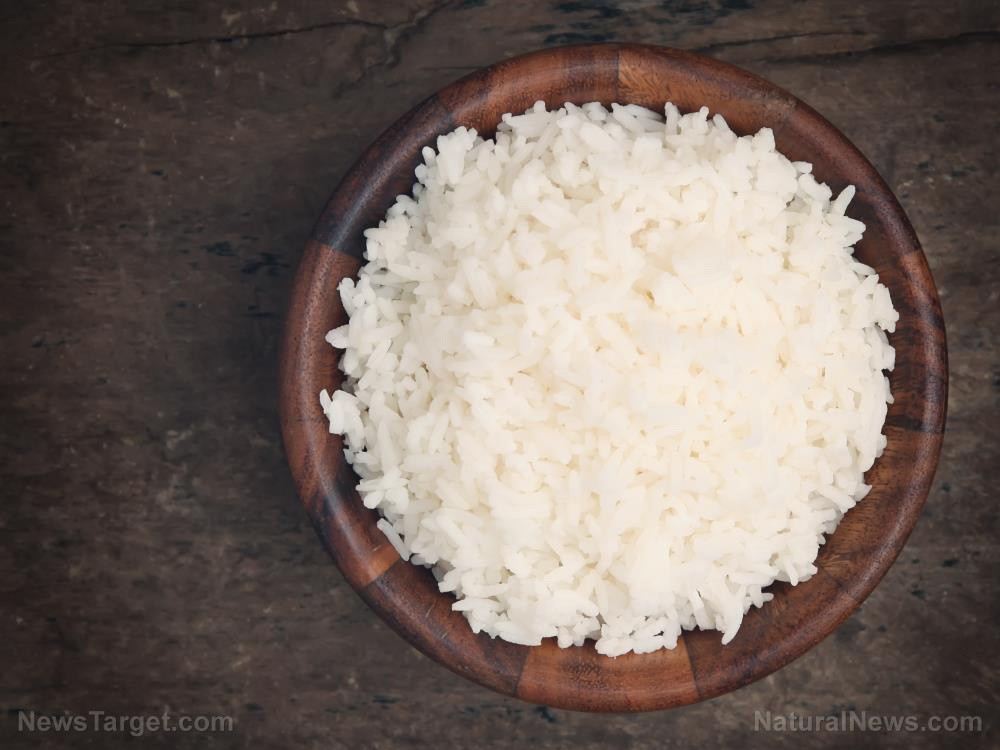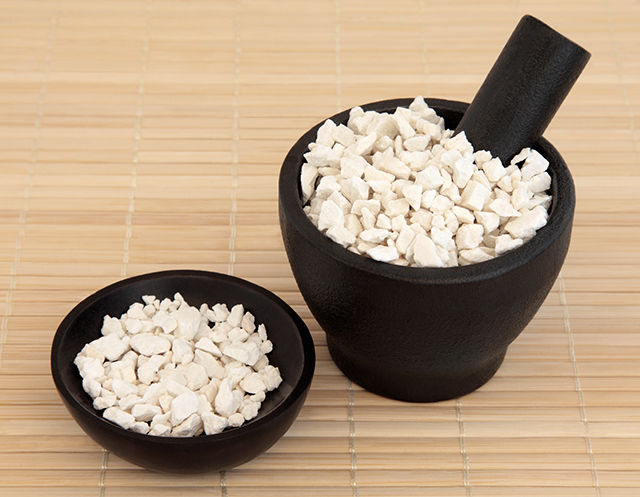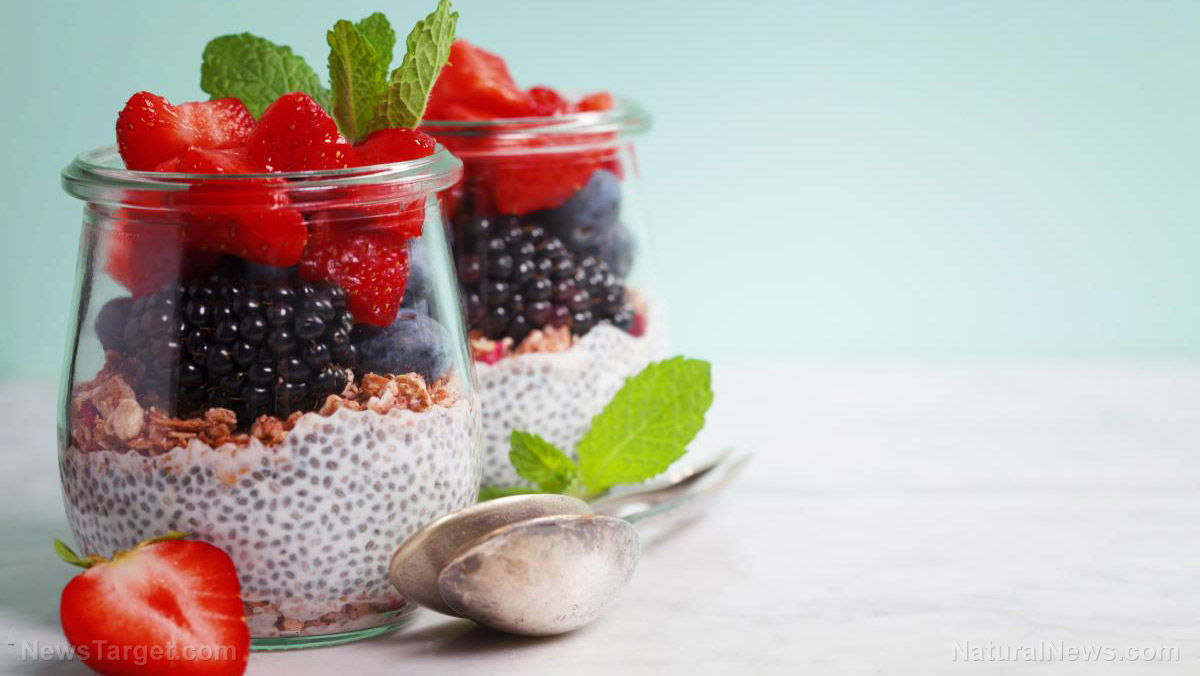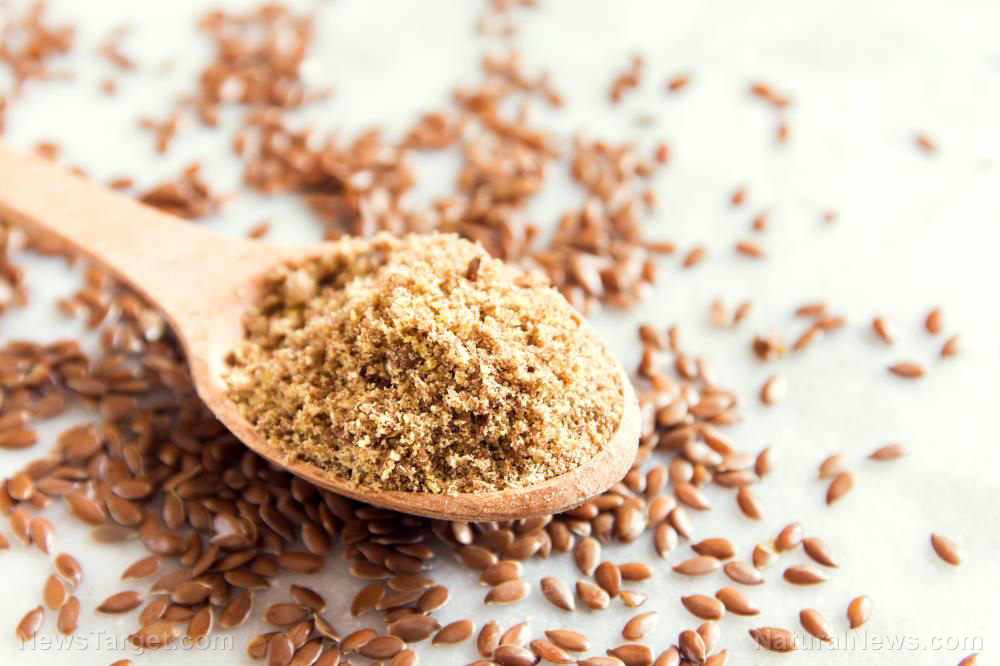Calcium: Why you need it, debunking myths about it, and the best plant-based food sources of this important mineral
07/01/2019 / By Edsel Cook

Calcium is important to the body. However, the best source of this mineral isn’t milk, but the food that dairy animals get this nutrient from – plants.
Considered as the most abundant mineral in the body, calcium is essential for many bodily functions. It acts as a carrier of messages between the brain and other body parts. It is also involved in the transmission of nerve impulse and the contraction of muscles.
Calcium delivers enzymes and hormones through the blood to the parts of the body that need them. It also ensures that blood pressure remains normal.
Most importantly, calcium enables the heart to get signals that tell it to contract. Without calcium, the heart will not pump blood which the body needs to survive. (Related: Myths about cholesterol and calcium — what you know about heart disease is wrong.)
Popular myths about calcium
There are several myths about calcium. The most common ones include dairy products being the best sources of the mineral, calcium being the most important nutrient for supporting bone health, and calcium supplements being safe and helpful.
While dairy products contain a lot of calcium, plant-based foods are better and safer sources. Milk contains other substances like lactose, hormones, contaminants, and antibiotics, all of which could increase a person’s risk for certain cancers.
Regarding the second myth, vitamin D is just as important as calcium when it comes to strengthening the bones. Vitamin D is obtained by exposing the skin to sunlight. Maintaining high levels of physical activity, which is important for older people, is another way of improving bone health.
As for the third myth, calcium supplements can cause more harm than good. A 2008 study by researchers from the University of Auckland in New Zealand found that calcium supplementation could increase the risk of heart attack and stroke. High doses of calcium supplements can also promote the formation of kidney stones.
Get calcium from these plant foods
As mentioned earlier, plants are the best sources of calcium. Get this mineral straight from these plant-based foods instead of milk.
- Seeds – Sesame seeds and chia seeds contain high amounts of calcium. Sesame seeds can be added to salads or turned into tahini spread, while chia seeds are good additions to smoothies and oatmeal.
- Beans – Beans are affordable and versatile, calcium-rich foods. Black beans, kidney beans, and navy beans are great in soups, salads, pasta, and pizzas.
- Lentils – Lentils are also cheap and last for long periods in storage. Add red lentils to soups and green lentils to salads, or bake bread with brown lentils.
- Almonds – Raw almonds make fine snacks. They are also welcome additions to many food products. Toss them into a food processor or blender to make almond butter.
- Low-oxalate leafy greens – Oxalates stop the body from absorbing calcium. Beet greens, spinach, and swiss chard are high in oxalates so replace them with low-oxalate, high-calcium vegetables like bok choy, collard greens, and kale.
- Organic soy – Organic soy is a good source of calcium and protein. Extra-firm tofu can be used to make stir-fries, pasta dishes, and sandwiches, while silken tofu is perfect for smoothies, dips, and sauces. Meanwhile, edamame, the immature form of soy, can be made into hummus or added to salads.
- Oranges – In addition to vitamin C, oranges contain lots of calcium. It is best to eat them raw.
- Broccoli raab – Broccoli has a decent amount of calcium, but broccoli raab has more. Also called rapini, broccoli raab can be enjoyed boiled, roasted, or sauteed.
- Dried figs – Dried figs refer to dried fig fruit. They can be eaten as they are or added to baked goods and smoothies.
Sources include:
Tagged Under: #nutrition, aging, almonds, beans, bone health, brain function, brain health, broccoli raab, calcium, calcium sources, calcium supplements, clean food, dairy products, dietary calcium, dried figs, functional food, heart attack, heart disease, heart health, kidney health, kidney stones, Leafy greens, lentils, milk, muscle contraction, nerve function, nervous system, Oranges, organic soy, oxalate, plant-based foods, seeds, stroke, supplementation, vegetable calcium, vitamin D
RECENT NEWS & ARTICLES
COPYRIGHT © 2017 FOOD SCIENCE NEWS



















